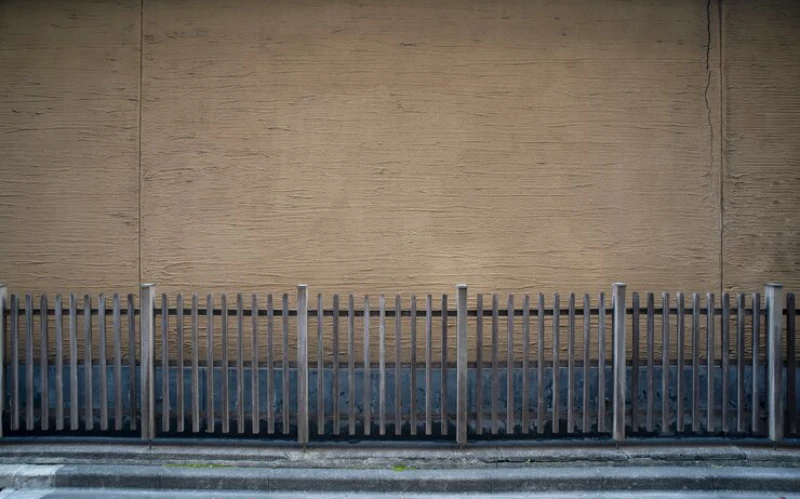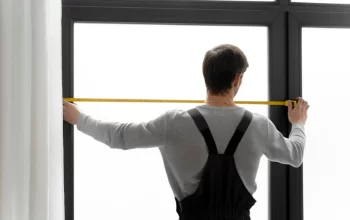Putting up a fence is significant, but it can add value to your home and provide security. Knowing how to install a wall is essential to avoid costly mistakes properly.
Before starting your project, make sure that you get your property surveyed. It can be done by checking your property lines on a map, your deed, or contacting the county office.
Not Getting Your Property Surveyed
One of the homeowners’ biggest mistakes when building a fence is not having their property surveyed before construction. Not knowing where your property lines are can lead to many headaches later. You don’t want to accidentally build on your neighbor’s property or encroach on their land. It can result in hefty fines and repairs that you don’t need.
A professional surveyor can assess your property and determine the actual boundary line. They can also check local zoning laws and find out if there are any restrictions on home fence installation in Forest Lake, IL. In addition, they can call the local utility companies to have them come out and mark where buried pipes are located.
Not Setting Your Posts Properly
A common mistake during fence installation is setting your posts at a different depth. It could lead to many problems, including wood damage and moisture issues. Using a professional fence contractor that can properly set your posts is essential.
Another big mistake is that people must be spacing their fence posts properly. It can cause the fence to look crooked and uneven. Ideally, fence posts should be spaced every 6 to 8 feet, depending on the material used.
Finally, it’s essential to remember to call 811 before digging any holes in your fence. It will ensure you don’t hit buried utilities and receive costly fines. It also helps to avoid any bodily harm or property damage.
Not Buying Quality Materials
A common mistake that homeowners make is buying low-quality materials. It can lead to many issues, including breakage, corrosion, and other problems that require costly repairs and replacements. Spending more upfront on quality fence materials that last longer is always best.
Another common mistake is needing proper legal clearance to build a fence. Depending on where you live, you may need a permit from your local city or county to do so. Additionally, knowing where your property lines are is essential so you don’t put a fence up on someone else’s land or hit any underground utility lines during installation.
An excellent way to avoid this is by hiring a professional fence contractor who has experience and will do things correctly the first time. It ensures that your new fence is safe and secure.
Not Having a Plan
Many homeowners believe they can save money by taking on a DIY project. However, this project can save you money on materials and repairs if it needs to be corrected.
One of the biggest mistakes people make when installing a fence is failing to plan. It can lead to crooked or incomplete fencing that doesn’t meet your needs. Having a plan includes knowing your property lines and having accurate measurements.
Speaking with your neighbors and letting them know you’ll build a fence is also essential. It helps avoid disputes or property line encroachment that could result in costly legal issues. It’s also a good idea to walk the land and review any potential obstacles, such as slopes or underground utility lines, in the way of your project.
Not Being Prepared
A homeowner who tries to save money by installing a fence themselves may be surprised at how much work it takes. Hiring a professional is usually the best option unless you have experience and the right tools.
One of the most common mistakes a homeowner can make during home fence installation is not knowing their property lines. Before starting your project, you must have a plat or blueprint showing the property divisions. If you find that you built your fence on your neighbor’s land or encroached on public land, it will be expensive to move, and you may face high fines.
It’s also important to call your local utility company to avoid hitting any underground gas, water, or power lines during the project. It could be costly and dangerous for everyone involved.








